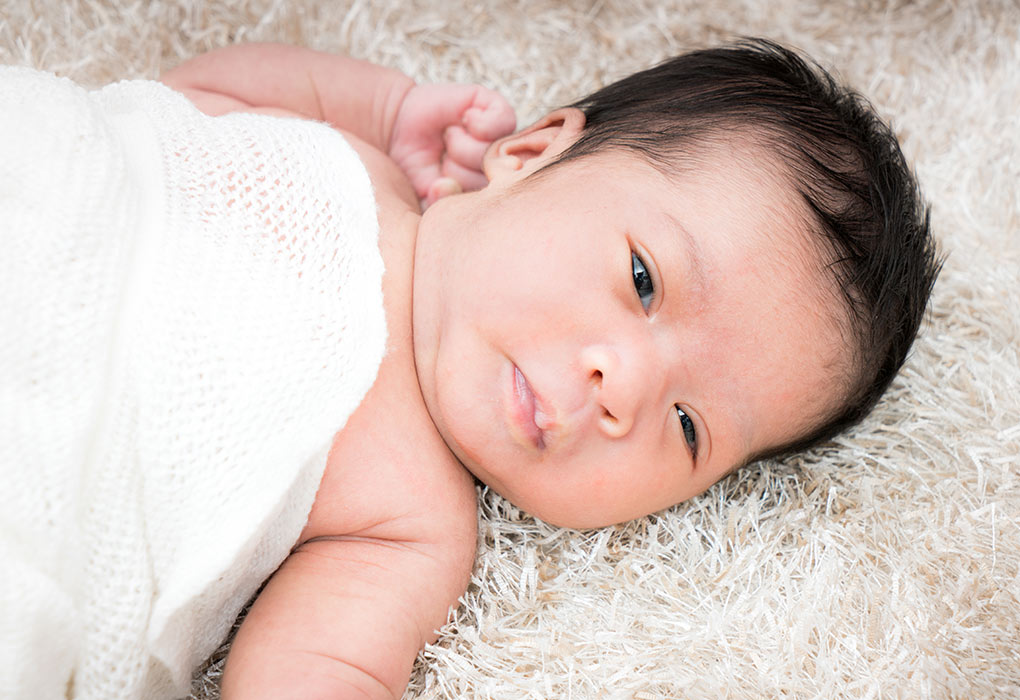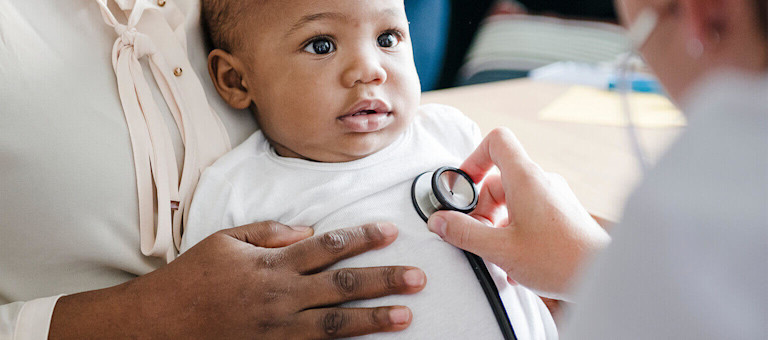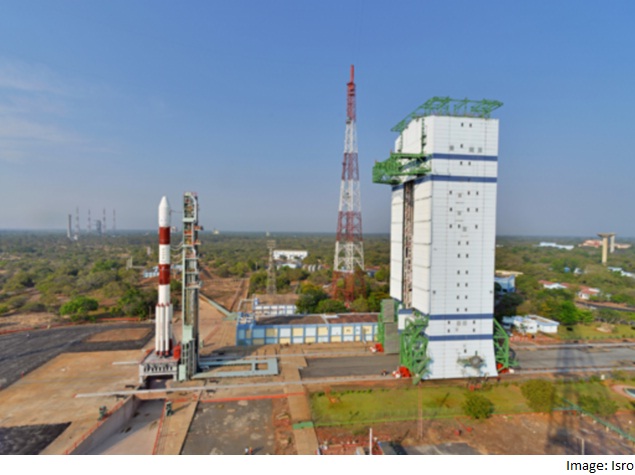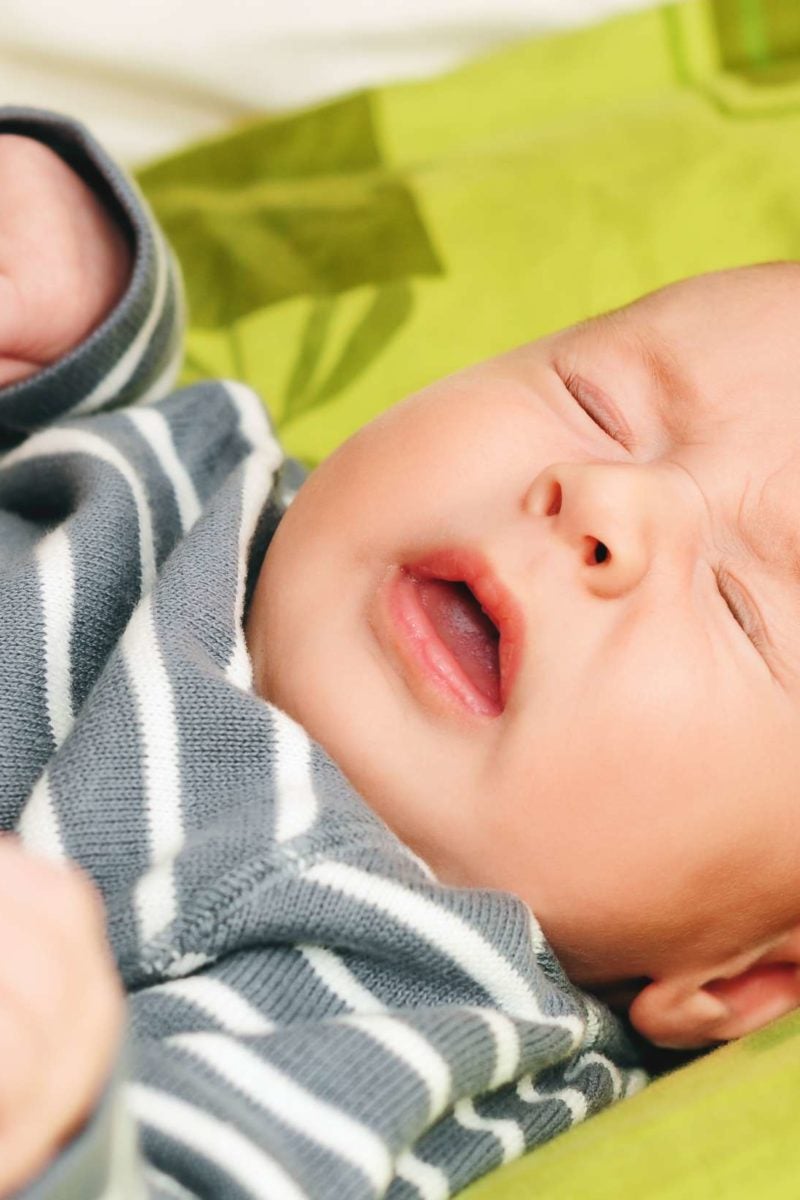It's usually harmless but can be scary for parents, particularly when it happens for the first time. Your baby may have a runny nose and sometimes a temperature and a cough.

When Do Babies Start Breathing Through Their Mouth Nhs
Washing your baby’s hands regularly.

When do babies start breathing through their mouth nhs. You may believe that your kid can just get orthodontic treatment to fix the problems later on. If your baby has a stuffy nose they may breathe through their mouth, which can make it harder for them to feed. This is called periodic breathing.
These reflexes are important for baby's survival, helping them find the source of food. Your baby may pause their breathing for up to five seconds or even longer, then start up again with deepening breaths (maclean et al 2015). Unfortunately, 25 to 45% of normally developing infants/children and up to 80% of developmentally delayed infants/children, e.g., those born prematurely, do experience oral feeding difficulties [].safe and competent oral feeding requires the proper integration of.
What is normal breathing for a baby at night? After a variable time (mean 7.8 s, range 0.6 to 32 s), the soft palate rose and oral breathing was initiated. When infants are awake, their breathing rate may vary widely, sometimes exceeding 60 breaths per minute, particularly when they're excited or following a bout of crying.
This is unless their nasal passage has some blockage, which can lead to mouth breathing. This indicates a problem with the upper airways, mostly a congestion in the nasal passage. Usually, nasal congestion goes away on its own within a week.
Disposing of used tissues immediately. Do not let your baby overheat. The purpose of this systematic.
An adult, meanwhile, takes about 12 to 20 breaths per minute. Newborns can also take rapid breaths and then pause for up to 10 seconds. During the first month of life, most of a baby's behavior is reflexive, meaning that his/her reactions are automatic.
Ideally, you’d do this from 16 weeks up to 32 weeks pregnant but. The conditions under which oral breathing could occur and the contribution of oral ventilation to total ventilation were studied in. Below are the reasons that could put your little one’s breathing in distress, if immediate medical attention isn’t provided.
The muscles under their ribs are sucking in with each breath. While most of the babies continue nasal breathing after they are 6 months old, some tend to breathe through their mouths. After a few days your baby's cough may become worse.
All babies under the age of six months can only breathe through their nose, not their mouth, and so can tire very easily if their nose is blocked. Very pale or blue skin, or the inside of their lips and tongue are blue. Nursing prone is linked to cot death.
Can babies breathe through their mouth when congested? Sometimes in very young babies, bronchiolitis may cause them to have brief pauses in their breathing. However, feeding can become difficult if the baby cannot breathe through their nose easily.
Some of the newborn reflexes are described below. Covering their mouth and nose with a tissue when they cough and sneeze. Parents who notice that their child snores or usually breathes through their mouth instead of their nose should make an appointment with a pediatrician.
Doctors will do regular exams to check the baby's breathing and weight. Mouth breathing is also related to kids getting braces. Later, as the nervous system matures, a baby will become capable of putting more thought into their actions.
Newborn infants are considered obligate nasal breathers, hence dependent on a patent nasal airway for ventilation. Your baby's breathing may be faster than normal and it may take more effort to breathe. Have ever noticed your kid breathing through their mouth?
In fact, young babies — until around age 3 to 4 months — haven’t yet developed the reflex to breathe through their mouths. Nice, 2017) if you’re pregnant, you can help protect your baby by getting vaccinated (nhs choices, 2016b). Regular shorter pauses in their breathing while they are awake.
Children with inflamed or enlarged adenoids breathe noisily, usually through their mouth. Mouth breathing is closely related to the facial skeletal development and malocclusion. For parents, it’s common to think that your child will grow out of this habit.
Your newborn breathes in cycles, with breaths getting progressively faster and deeper, then slower and shallower (maclean et al 2015). Young babies don't develop the reflex to breathe through their mouths until they are 3 or 4 months old. It can happen when a child is frightened, upset, angry, or has a sudden shock or pain.
Extremely dry air can cause the sensitive lining of a baby’s nose to dry up. A baby who just has snuffles will be otherwise well, but may ‘snort’ when breathing. Also common are periods during which they stop breathing for about 5 to 10 seconds and then start up again on their own.
Your child won’t wake up, or won’t stay awake. This can lead to a condition called sleep apnoea , where a child stops breathing for a couple of. Avoid wrapping your baby too tightly.
Doctors do this procedure through the baby's mouth to tighten. If you feel your baby may settle better prone, never leave them unsupervised. At 6 months, babies breathe about 25 to 40 times per minute.
It may happen when eating, sleeping or watching tv. But rest assured that it's normal for newborns to breathe somewhat irregularly. In rare cases, a stuffy nose can cause breathing problems.
Breathing stops for more than 20 seconds. This makes their mouth dry and at night can lead to disturbed sleep. Northern devon healthcare nhs trust care of babies experiencing withdrawal symptoms 4 of 6 sneezing, stuffy nose or breathing fast keep baby’s nose and mouth clean.
At three to four months a baby will develop the reflex that allows them to breathe through their mouth. (that is, unless they’re crying.)

When Do Babies Start Breathing Through Their Mouth Nhs











